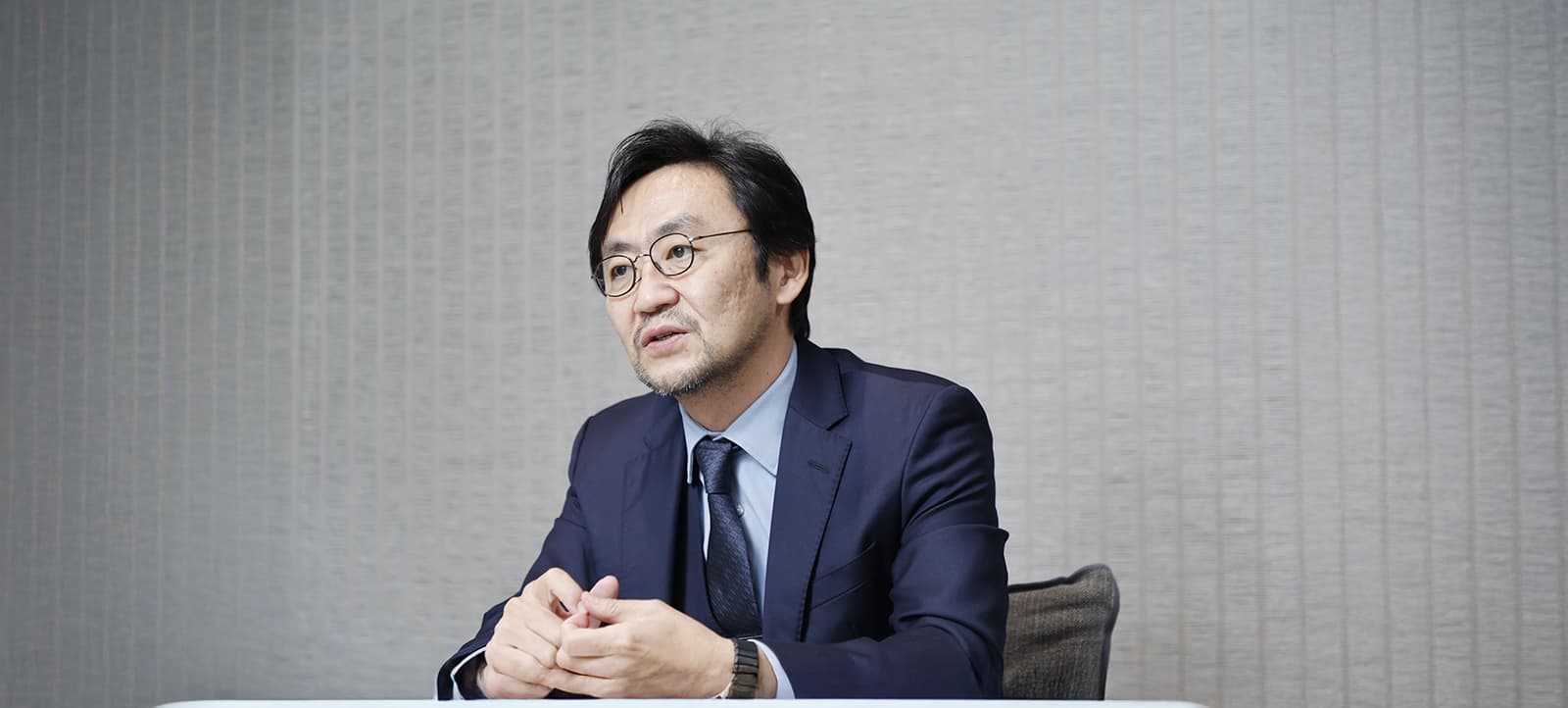My History
Our clinic specializes in a full range of ophthalmic surgeries, including cataract and glaucoma surgery, retinal and vitreous surgery, corneal transplantation, and blepharoptosis surgery.
Throughout my career, I have consistently focused on ophthalmic surgery, dedicating myself to developing expertise in this field. At large hospitals with many inpatient beds, I served as the primary surgeon performing emergency procedures such as retinal detachment and endophthalmitis, as well as complex surgeries like corneal transplants and severe ocular trauma, including globe rupture—the most serious form of eye injury. In many cases, ophthalmic surgeons specialize in a particular field, such as cataract or glaucoma surgery. However, by expanding the range of procedures I can perform myself, I aim to reduce the burden on patients by eliminating the need for them to visit multiple medical institutions or experience delays in treatment.
I believe that the surgical skills and experience I have built up over the years are the most meaningful way I can contribute to patient care—and I want to bring happiness to as many patients as possible. With this in mind, I established Asami Eye Surgery Clinic in 2021, intentionally including the word "surgery" in the clinic name to reflect this mission.
Since I mainly handled severe cases prior to opening the clinic, we have established a system that allows us to provide advanced treatment on par with large hospitals. Of course, we also provide general ophthalmology services for patients with symptoms such as eye discomfort or vision concerns. In addition, even if a patient is referred to us from another clinic, if surgery is deemed premature, we may recommend regular monitoring instead. Based on the belief that nothing should be done that would be detrimental to the patient, we carefully and objectively assess the need for surgery.
At our clinic, both outpatient (same-day) and inpatient surgeries are available. Under Japan’s medical fee system, longer hospital stays can result in increased revenue for hospitals, leading some institutions to prefer extended admissions. However, many patients find it difficult to be hospitalized due to work, childcare, or caregiving responsibilities. While we do hospitalize patients with more serious conditions or those who request it, the majority undergo surgery on an outpatient basis. We strive to provide care that meets the needs of each individual patient.
The Present
At our clinic, many patients are experiencing eye surgery for the first time, and we are deeply committed to easing their fear and anxiety. Our goal is to help patients feel reassured and approach their treatment with confidence, and we’ve implemented a variety of thoughtful measures to support that.
Pre-surgery anxiety often stems from not knowing the details of one’s condition or how the procedure will be performed. That’s why we place the greatest emphasis on patient education—ensuring they have a clear understanding of both their diagnosis and the surgical process. For example, we use large monitors to make visual explanations easier to follow, even for those with poor vision. For older patients, many of whom experience age-related hearing loss, we provide hearing support devices to ensure they can hear our explanations clearly. We often hear patients say, “I could hear everything” or “Now I understand,” which helps them feel more at ease going into surgery.
To further reduce anxiety, we welcome patients with soothing aromatherapy scents. In our waiting room, we occasionally invite a music conservatory graduate to perform live piano music, creating a calming atmosphere for those awaiting surgery. Inside the operating room, we play the patient’s requested song during the procedure. By focusing on familiar, comforting music, patients are able to relax and undergo surgery in a more peaceful state.
We’ve also placed an interactive robotic pet in the outpatient waiting area, which patients have grown quite fond of. While these elements may not be essential from a purely medical standpoint, we believe they play an important role in promoting patient satisfaction and emotional healing. We are fully committed to caring not only for the physical condition, but also for the emotional well-being of our patients—because healing the mind is just as important as treating the body.
For the Future
Our clinic is focused on surgical care, and because we intentionally limit the number of outpatient appointments each day, we’re able to spend more time with each patient than high-volume clinics. While some of our practices may seem costly from a business perspective, we’re committed to implementing anything that genuinely benefits our patients. It’s been about a year since we incorporated as a medical group, and this approach has allowed us to create a positive and sustainable model of care.
One of the key qualities we value in our staff is empathy. Many of our patients arrive feeling anxious or emotionally vulnerable due to their eye condition. That’s why it’s so important for our team to provide care with compassion and attentiveness—to truly sense what the patient is feeling and respond accordingly. We encourage all staff members to engage with patients from a place of empathy and emotional awareness.
Rather than enforcing a rigid set of rules for patient interaction, we allow each staff member to tailor their approach. Overly standardized hospitality can come across as insincere. Instead, we believe it’s more effective for staff to consider, on a case-by-case basis, what each patient needs, what support we can offer, and what kind of communication will be most helpful. Although we specialize in ophthalmic surgery, our goal is to deliver care with added value that goes beyond technical treatment.
Ultimately, patient satisfaction is our top priority—and that guiding principle will never change. At the same time, we remain open to change where needed, adapting flexibly as we continue to grow. Together with our staff, we’re committed to advancing and contributing to the health and well-being of our local community.
